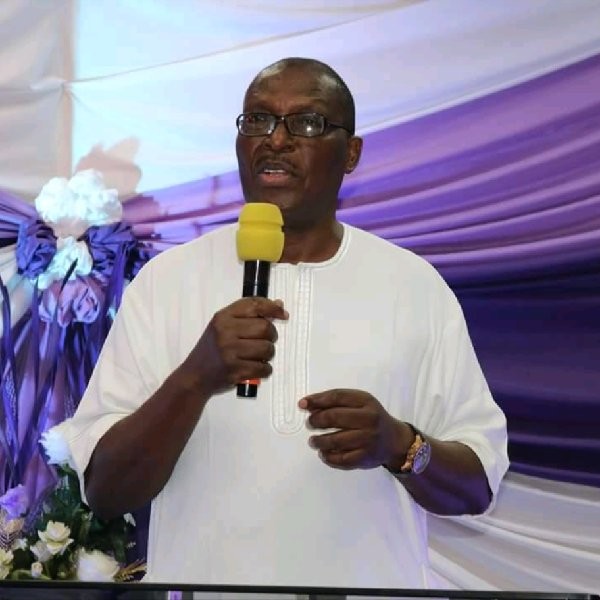The two-day workshop which had 20 participants drawn from the print, broadcast and online platforms took place in Abuja on July 5 and 6, 2023. The theme of the training was “X-raying Government Audit Reports”. Journalists were trained on how to identify and expose manipulations and corrupt practices in public accounts.
The topics on which participants were trained include, Imperative of Audit Reporting for Nigerian Journalism, Principles and Purpose of Public Interest Journalism, Features of Government Audits, Crafting Good Stories from Audit Reports, where to find Audit Reports, among others.
During one of the technical sessions, Mr. Sully Abu, FrontFoot Media Executive, who was also one of the facilitators stressed the need for journalists to acquaint themselves with the tenets of auditing in order to report appropriately while also emphasising the pivotal role newsmen play in holding public officers accountable.
Mr. Abu said: “The self-inflicted tragedies of our nation have derived substantially from the failure to hold not just people, but also leaders, to account for their actions. This has been quite evident at the state level, where governance touches people’s lives mostly. In many places, state governors have turned into local potentates because of their unfettered access to and control of public treasury. They can suborn individuals and other branches of government to do their will with results not always meant or guaranteed for the public good”.
Mr. Sonala Olumhense, another executive of FrontFoot Media, urged journalists to take their constitutional obligation as contained in Chapter 2 of the 1999 Constitution (As Amended), seriously, saying that in view of the constitutional right of the press, it was necessary for journalists to hold governments to account for their actions.
He pointed out that auditors were critical to issues of accountability and transparency, adding that they had to act independently always.
Mr. Chido Nwakanma, Coordinator of the FrontFoot Media Initiative Training, delivered a paper on “The Principles and Purpose of Public Interest Journalism” in which he stressed the need for newsmen to always project the interest of citizens in their reportage.
Mr. Nwakanma said journalists need to write in the public interest and adhere to other ethics of journalism at all times if they must effect changes in the society.
He stated that: “The public interest content that journalism serves is about the lives and well-being of citizens and relevant issues that affect individuals and communities. It is about the common good in health, livelihood, quality of life, security, accountability and governance, among others.”
He pointed out that public interest is not merely what people find interesting but is more of relevant issues different from what is entertaining, fascinating or titillating.
Mr. Emeka Izeze, another executive of FrontFoot Media who is a former Managing Director and Editor-in-Chief of The Guardian Newspaper Limited, also facilitated part of the training. In his presentation, he said journalists must provide evidence, possibly witness in their stories for the public interest and not for individuals.
Mr. Izeze also urged journalists to engage experts during their investigations before reporting, adding that, “As journalists, you need to describe things, outline a description of the story you are doing, and it is very necessarily to conduct a full investigation. Then, give a rating account of the story you are telling, learn to tell stories in your news.”
In his presentation, Alhaji Ismaila Muhammadu Zakari, the past President of the Institute of Chartered Accountants of Nigeria (ICAN), called on media organizations to create capacity building and training opportunities for journalists. He noted that audit report by Auditors General of the 36 states of the federation are critical to ensuring accountability of public officers in the control and management of public funds.
The training was organised as part of the Collaborative Media Engagement for Development Inclusivity and Accountability (CMEDIA) Project, with support from the MacArthur Foundation through Wole Soyinka Centre for Investigative Journalism (WSCIJ).






